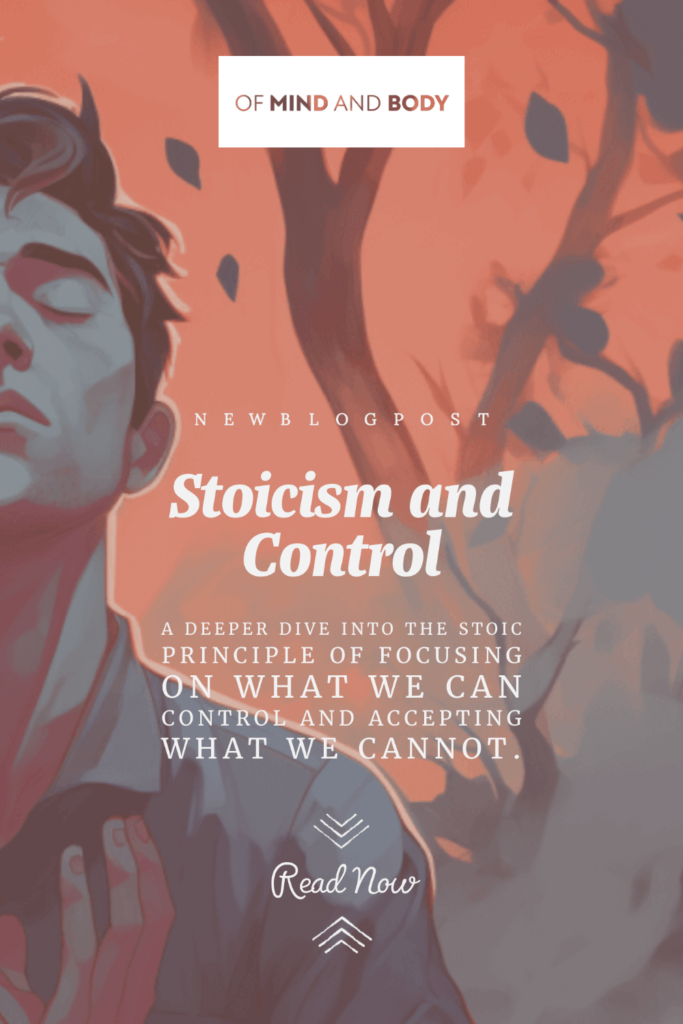
In our journey through Stoicism, we’ve explored its origins and key principles, and met the philosophers who brought this philosophy to life. Now, let’s delve deeper into one of Stoicism’s most fundamental principles—the dichotomy of control.
The Dichotomy of Control
The dichotomy of control, as taught by Epictetus, is a simple yet profound concept. It suggests that some things are within our control—our thoughts, beliefs, and actions—while others are not—external events, the actions of others. This principle is at the heart of Stoic philosophy, providing a practical guide for navigating life’s challenges.
What We Can Control
As Stoics, we believe that our inner world—our thoughts, beliefs, and actions—is within our control. We can choose how we perceive situations, how we respond to challenges, and how we interact with the world. For instance, if someone insults us, we can’t control their words, but we can control our reaction. We can choose to let the insult upset us, or we can choose to remain tranquil, understanding that their words reflect their character, not ours.

This principle extends to our goals and endeavours. While we can’t control the outcome, we can control our efforts. We can strive to do our best, to act with integrity, and to stay true to our values, regardless of the result. This shift in focus—from outcome to effort—can free us from unnecessary anxiety and disappointment.
What We Cannot Control
On the other hand, many things lie outside our control. We can’t control the weather, the economy, or the actions of others. We can’t control the past or the future. Trying to control these things can lead to frustration, stress, and disappointment.

Recognising what we can’t control can be liberating. It can help us let go of unrealistic expectations and accept life as it is. For instance, if we’re stuck in traffic, getting upset won’t clear the road. But we can accept the situation, use the time to listen to a podcast or enjoy some music, and arrive at our destination in a better mood.
The Power of Acceptance

Acceptance is a key aspect of Stoicism. It’s about acknowledging the reality of a situation and then deciding how best to respond. It’s not about passivity or resignation, but about making peace with what we can’t change and focusing on what we can.
Acceptance can lead to tranquillity and resilience. It can help us stay calm in the face of adversity, bounce back from setbacks, and find joy in the present moment. As Marcus Aurelius wrote, “Accept whatever comes to you woven in the pattern of your destiny, for what could more aptly fit your needs?”
Conclusion
The dichotomy of control is a potent principle, capable of reshaping our life’s trajectory. By honing in on what’s within our control and making peace with what’s not, we can sail through life’s storms with a newfound grace and resilience. It’s a path to a more serene, fulfilling existence, deeply rooted in the wisdom of Stoicism.
As we journey further into the heart of Stoicism, our next stop will be the four cardinal virtues—wisdom, courage, justice, and temperance. These virtues are the bedrock of Stoic ethics, guiding Stoics in their every action, decision, and perspective.
I trust that this deep dive into the dichotomy of control has enriched your understanding of Stoicism. But as we venture further, let’s not forget that Stoicism isn’t merely a philosophy to be understood—it’s a way of life to be lived. So, let’s not just learn about Stoicism, let’s live it, embodying the wisdom of these philosophers in every step we take.


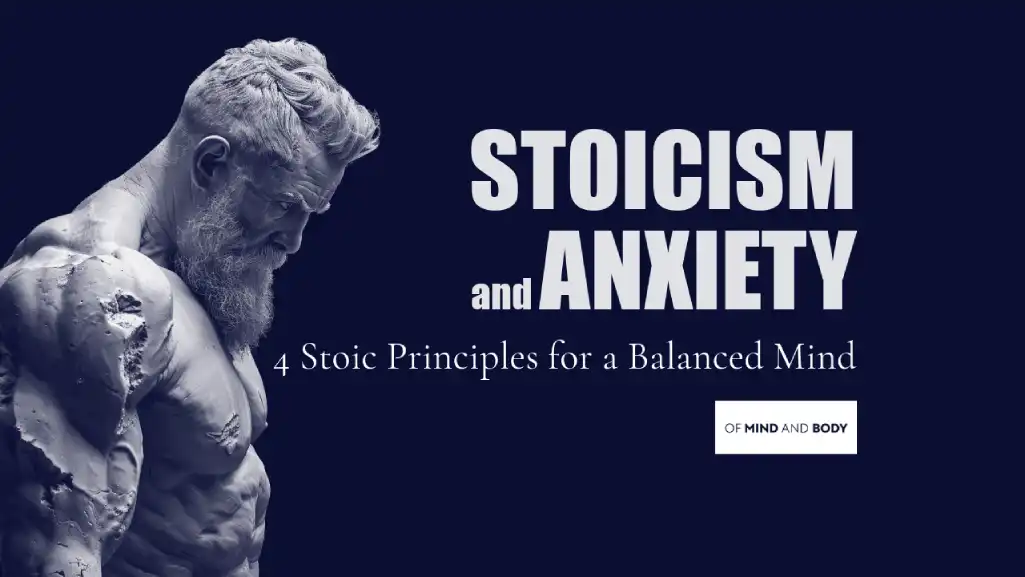
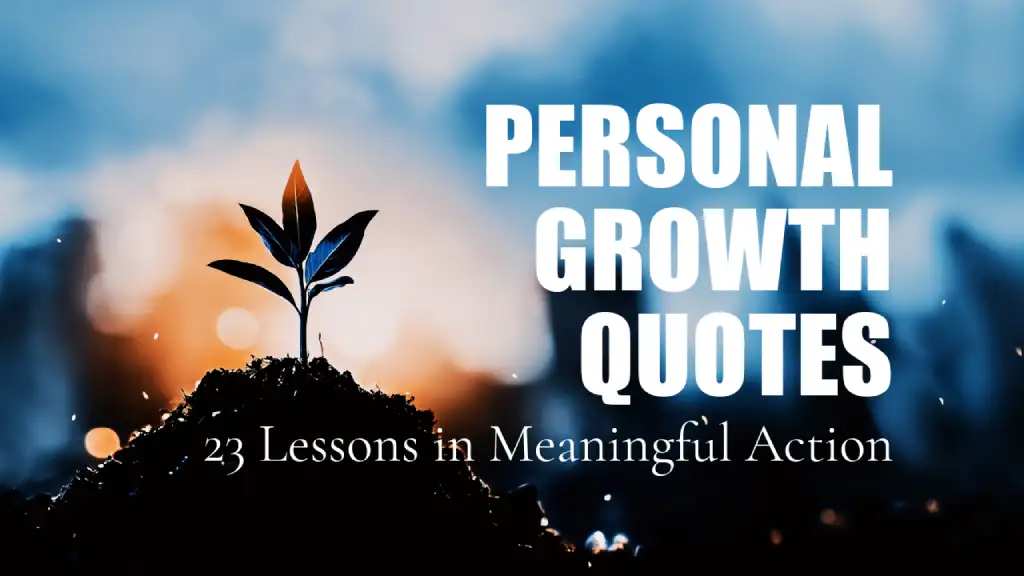
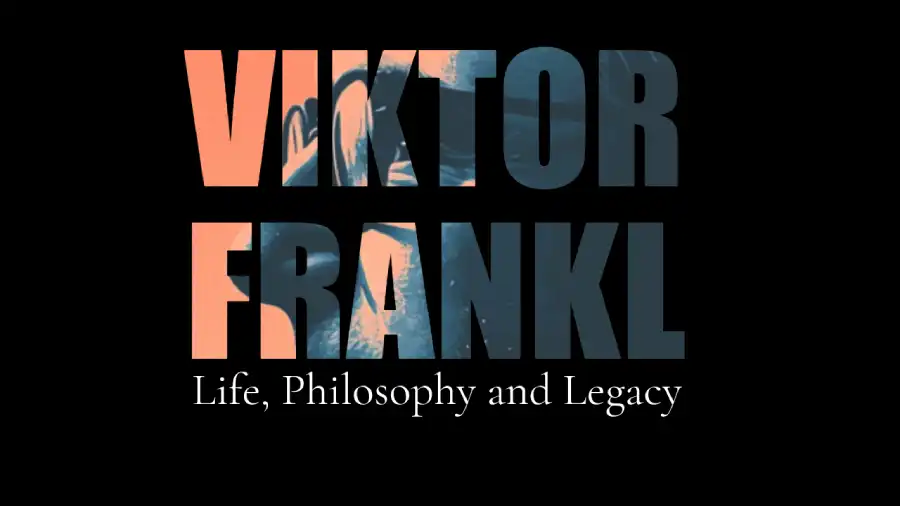
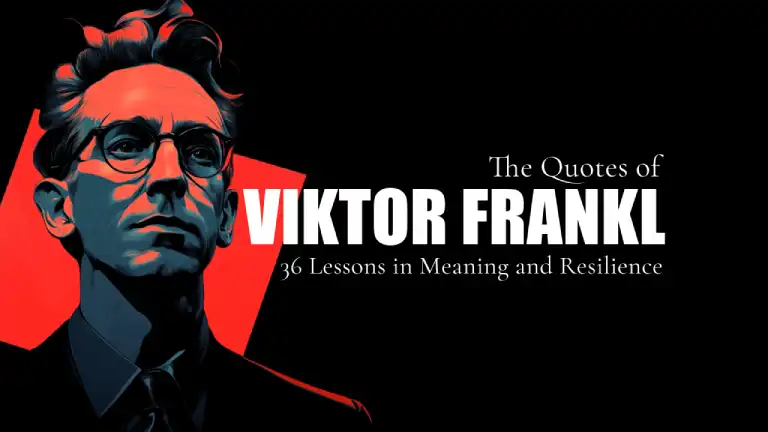
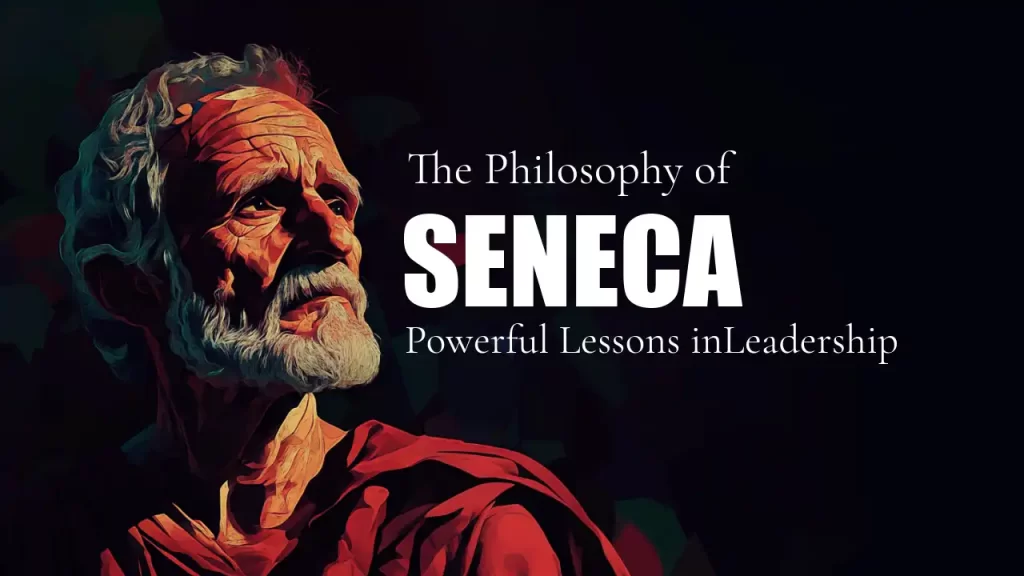
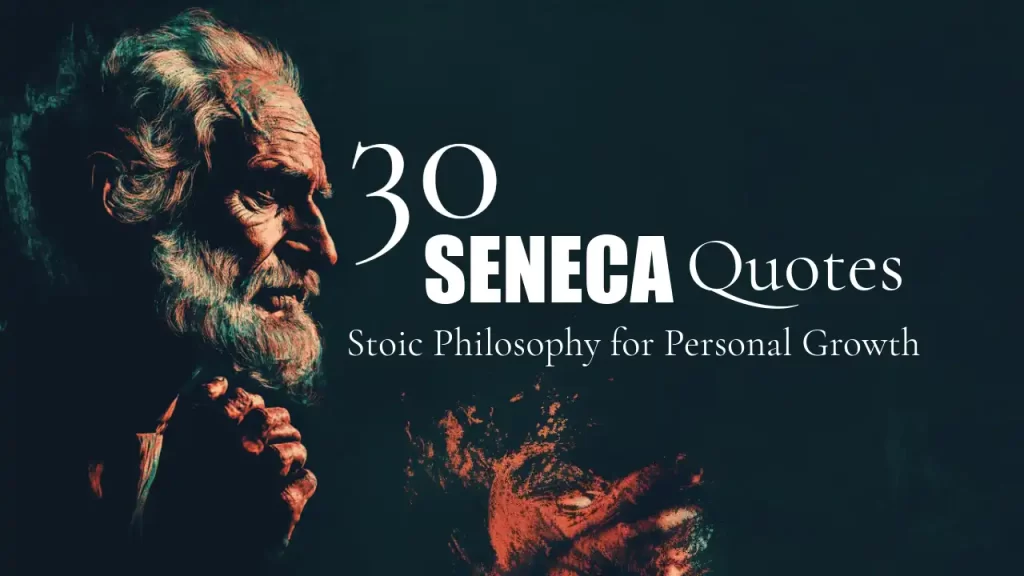

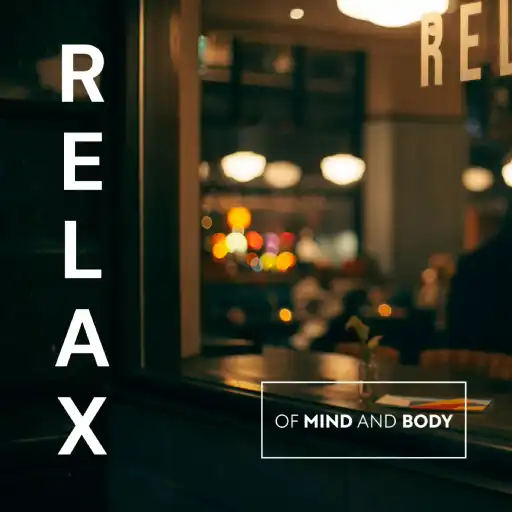
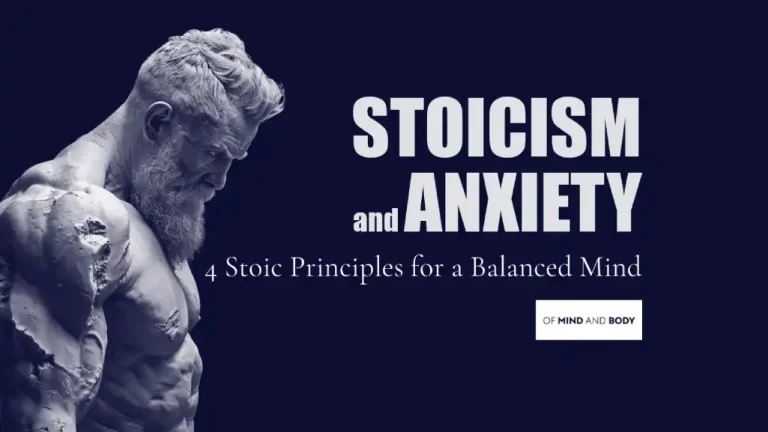
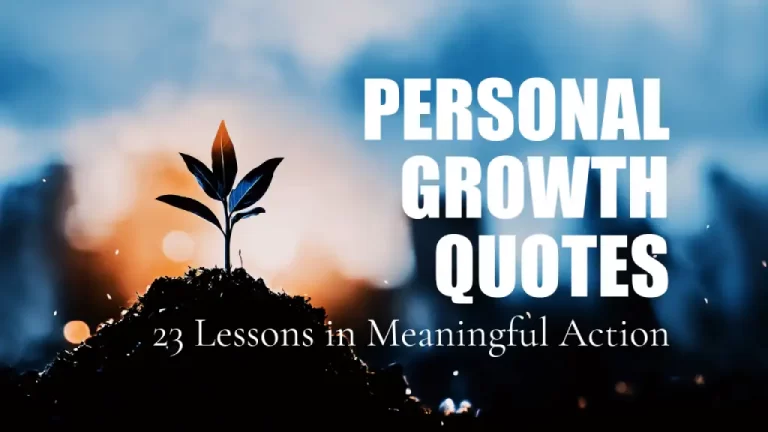

8 responses